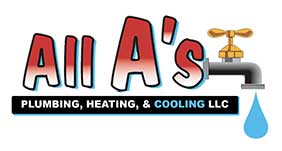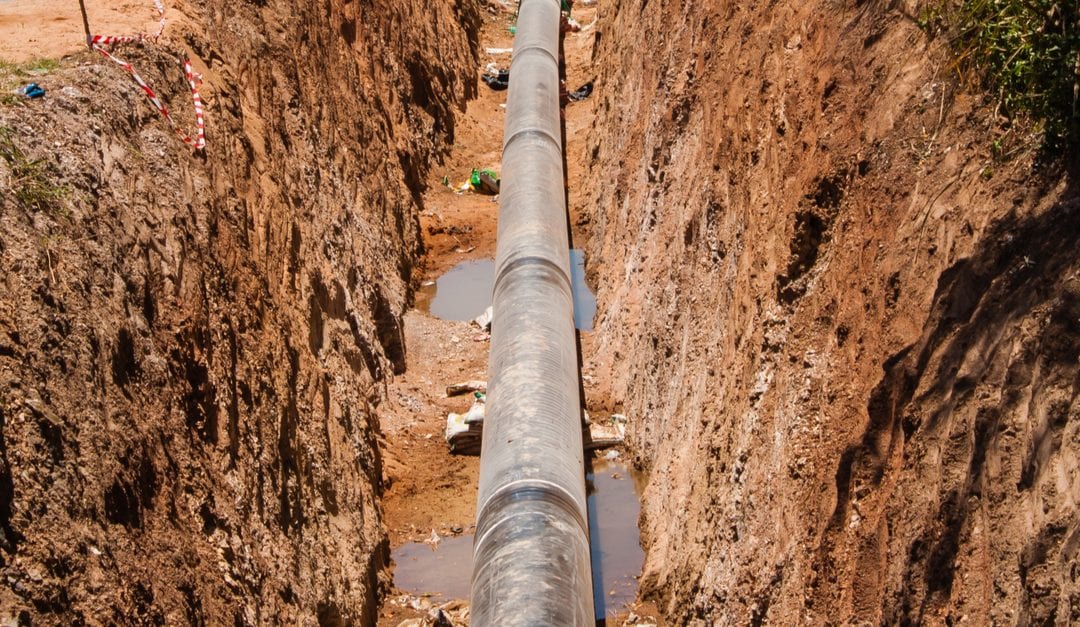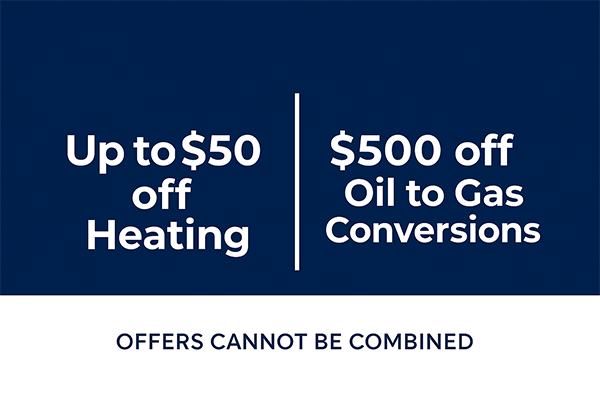Underground Gas Lines for New Construction
As a homeowner, did you know that you are responsible for gas piping on your land or in your home? Meeting all codes for underground gas lines for new construction is vital.
While people who are moving into a new home can rest easy, having an older home may cause concerns. The older your home is, the more likely you are to need an inspection. If you have an older home, you might also be thinking about switching to natural gas. Many homes in New Jersey used to use home heating oil. However, because of the risk of spills, homebuilders in the state have been moving away from home heating oil. It is possible to have home heating oil spills in an underground tank or an above ground tank.
Whether you have an older house, a house that you need to convert to natural gas, or having a new home built, you need help. You need to know the cost to run a natural gas line from street to house. You also need as much information as possible about underground gas line installation and gas pipe installation in your house. Here is all the information you need regarding underground gas lines for new construction and much more.
Installing a Gas Line from the Street to the House
Usually, when you begin to think about installing a gas line, you want to know the gas line installation cost. There are a lot of factors to consider. First, companies estimate the cost of gas lines per foot. The cost depends on how much pipe a plumber needs to cover the distance between the street and the house. Costs also differ based on the type of pipe a plumber uses. If the installation is more difficult, it will cost more. In general, the cost to install a gas line runs between $30 and $75 per foot.
What is the Gas Line Installation Code?
Every state has an installation code to determine if your new gas line meets its requirements. Utility companies have codes as well. If your gas lines and gas installation aren’t up to code, you will have to redo all the work. This means more money wasted. Instead, make sure that the plumber you hire for your gas line installation is certified. Gas line certified plumbers are the only people who can install natural gas piping.
Included in the gas line installation code is the gas line depth for new installations. It might also cover what kind of pipes plumbers can use for gas lines. You can look at the gas line installation code and get information on gas line services. Every state has its gas line installation codes online.
What Else Do Gas Plumbers Do?
There are lots of jobs that gas plumbers can do around your house. For example, if you are converting your house to natural gas, you will need to have appliances installed. Plumbers can set up your house to be ready for gas appliances. You may also need to get a gas line fixed. You might think that the gas company you use will be responsible for that. The truth is, it is not. The homeowner is responsible for any problems with the gas line from the street into the house. Gas plumbers can work on your gas line as well. If you need something natural gas-related worked on in your residential or commercial property, gas plumbers can do it.
Still Concerned About Underground Gas Lines for New Construction
Do you need a good gas plumber in New Jersey? We can help you make sure you get a licensed, certified gas plumber for your underground gas lines for new construction as well as all your other plumbing needs. Contact All A’s Plumbing & Heating. We are in Randolph, N.J., in Morris County. Contact us today and let us help you with all your natural gas piping needs.



Recent Comments